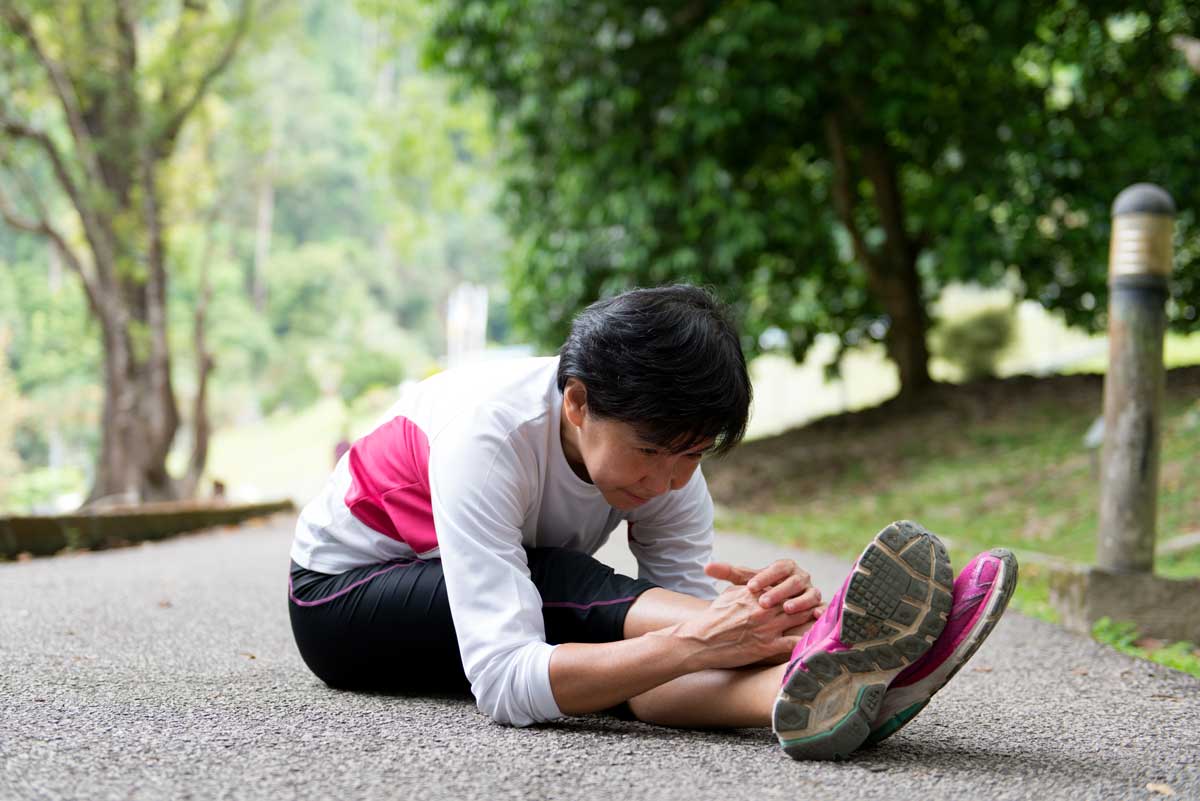Shown genuine compassion and empathy by those around them, all seniors can thrive and become active members of their communities. As with all humans, there exists a wide variety of types of older people, as well as various stages of retirement, and each one has very different energy levels and needs.
There’s a big difference between a refreshed sixty-year-old and a sedentary ninety-year-old. Too often, seniors get clubbed together, and activities and events that may seem like fun to a livelier life-stage may be all too overwhelming for others. Similarly, quiet, reflective activities may seem boring to some but hit the sweet spot for others.
Below, we’ve detailed each stage/type, as well as some suggestions for community events that may accommodate the different energy levels. We hope that this is helpful for those looking to build a sense of community that includes seniors.
Go-go seniors
Although age is not the only determiner here, and there are often go-go seniors bouncing about in their 80s, it’s still more common for the go-go’s to be between 55 and 69 years of age. They will still have a lot of physical strength and energy. Perhaps, they are in pre or early retirement. They are still active, with lots of plans and activities lined up to keep them busy, they may even get bit by the travel bug. People fitting this description can often be more active than older people, as they have discovered a new lease on life and try to make the most of their vim for living.
Community events of interest:
Everything and anything! People who fit this description are likely to want to help out others and can be a great asset to any community, happily volunteering their free time and pitching in to help organize events. They may enjoy; helping organize charity events, hosting coffee mornings, facilitating workshops (they probably have a lot of valuable experience to share in their field), or hiking groups and yoga classes. These seniors have an unstoppable life force, and we dare you to try and keep up once they get going!
Slow-go seniors
The body slows down as we age, and although these seniors may have an appetite for life, they may find themselves feeling more tired than usual. Often, this happens between the ages of 70 and 84. Still, we would like to emphasize that everyone is different, and it may occur at any time, depending on a variety of factors such as mental or physical health and even personality. It is a stage where older people often tend to build and stick to manageable routines, scheduling their life in a way that honours their energy levels and capabilities.
Community events of interest:
Events that they can plan for in advance and occurs at least semi-regularly. These seniors often try to minimize the demands of living so that they can enjoy a fulfilling day-to-day existence without being exhausted by a fluctuating schedule. This age group can be relied on to turn up week after week, month after month. If it’s of interest and fits in their schedule, they will be there. It might be a weekly coffee morning (attending not facilitating), Sunday Service, a slow group walk, a grocery shopping morning, or a hobby group that they regularly attend. Whatever it is, they tend to gravitate more towards consistency than adventurous new things and are more likely to participate in routine events.
No-go seniors
As our lives wind down, it’s not uncommon for people to experience a no-go phase. This does not mean we become unapproachable! Far from! Rather that we’ve entered a reflective stage of life and are simply looking for different things and perhaps require more support from others than previously. It can be a battle of wills for some, as it can be hard to depend on others. One of the most meaningful things that can be done for people in this stage of life is to be there to help them without making a song and dance about it.
Community events of interest:
With very little energy to spare, this group is often focused on quieter, more reflective activities and will shy away from bigger groups. One-to-one coffees, puzzle mornings, reading, an assisted walk to look at some flowers, or any activity that might be considered gentle and relaxing would be the most suitable. Perhaps, enlisting go-go seniors to look out for these slower-living individuals can lead to a greater sense of community.





